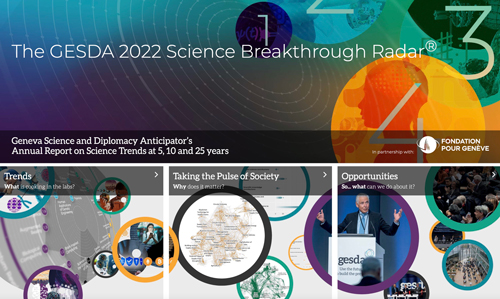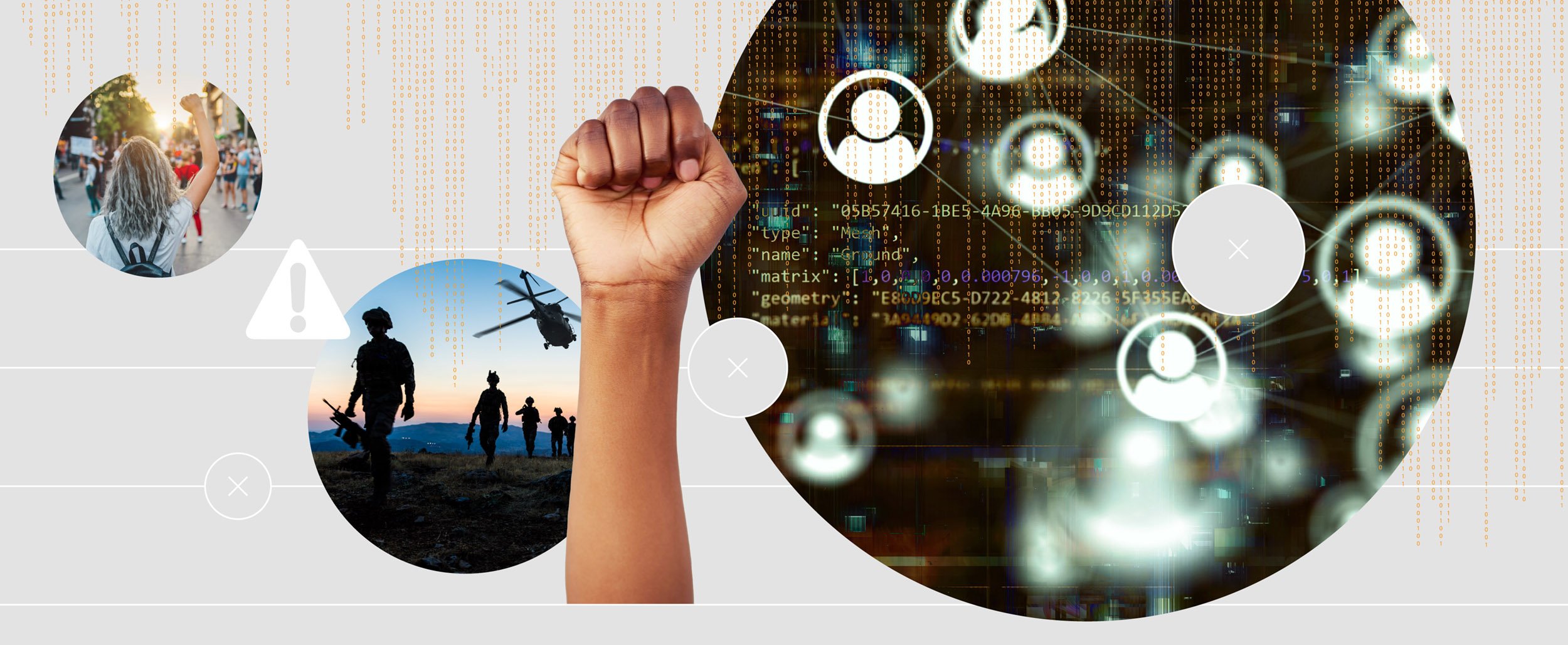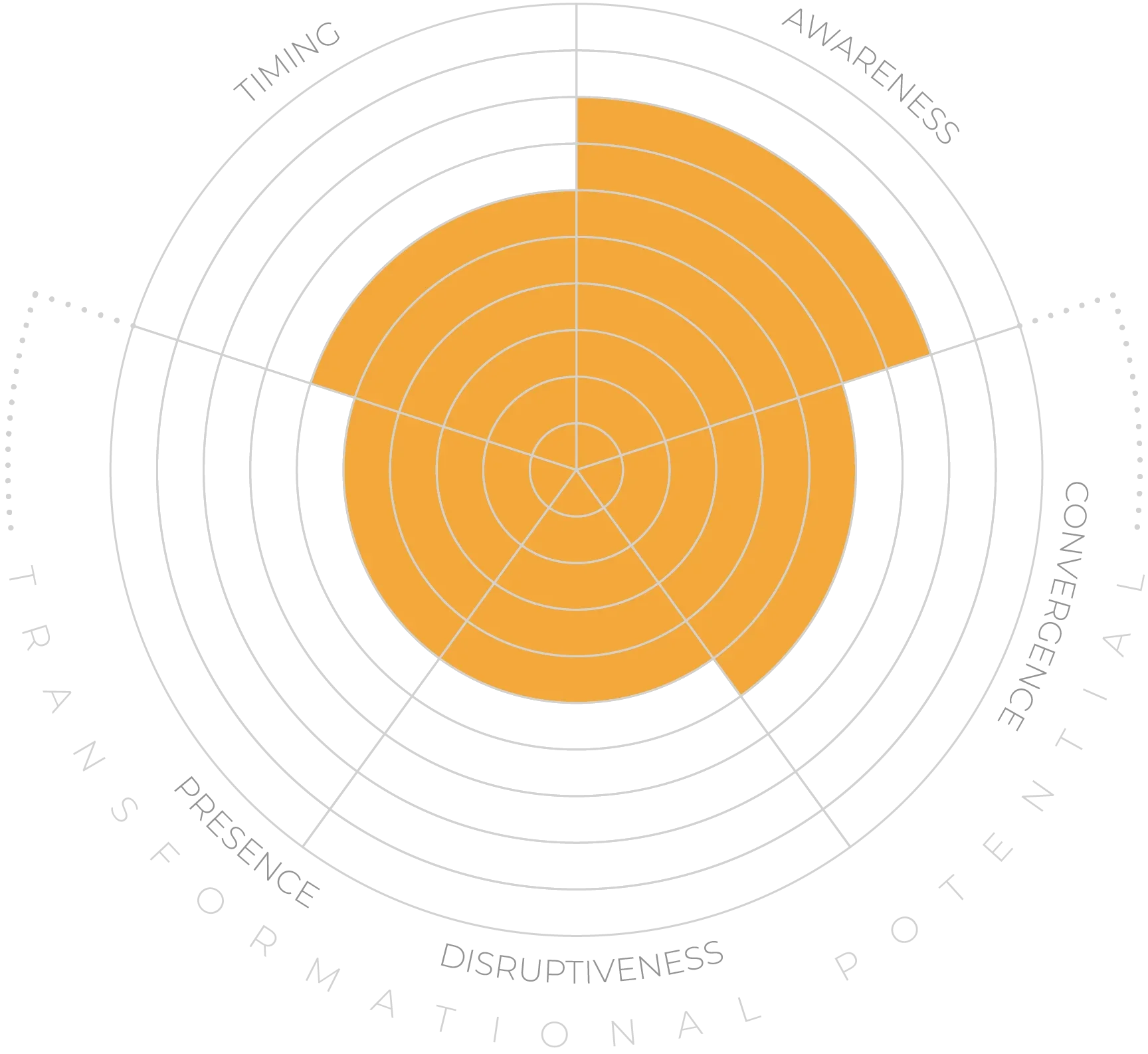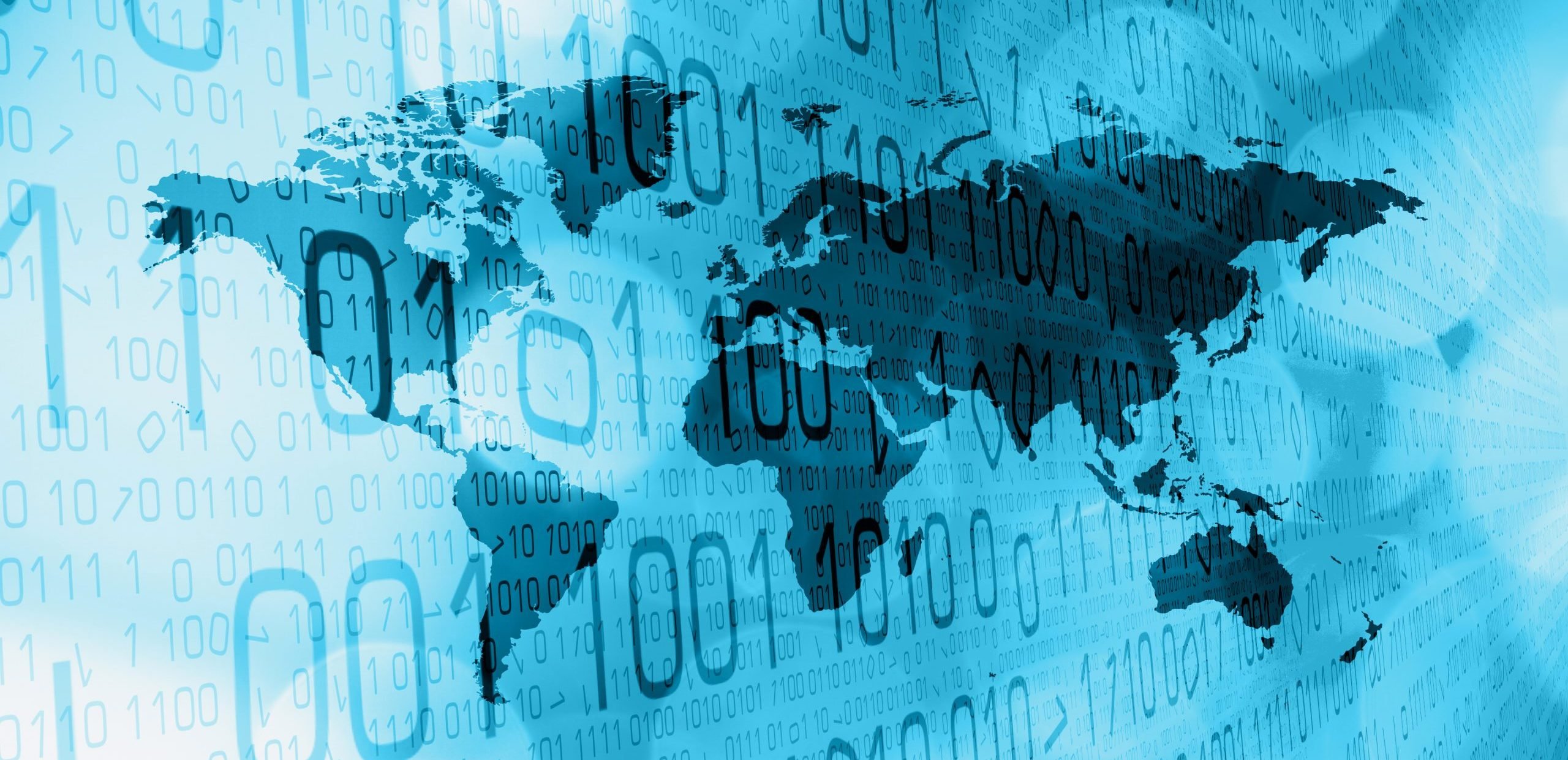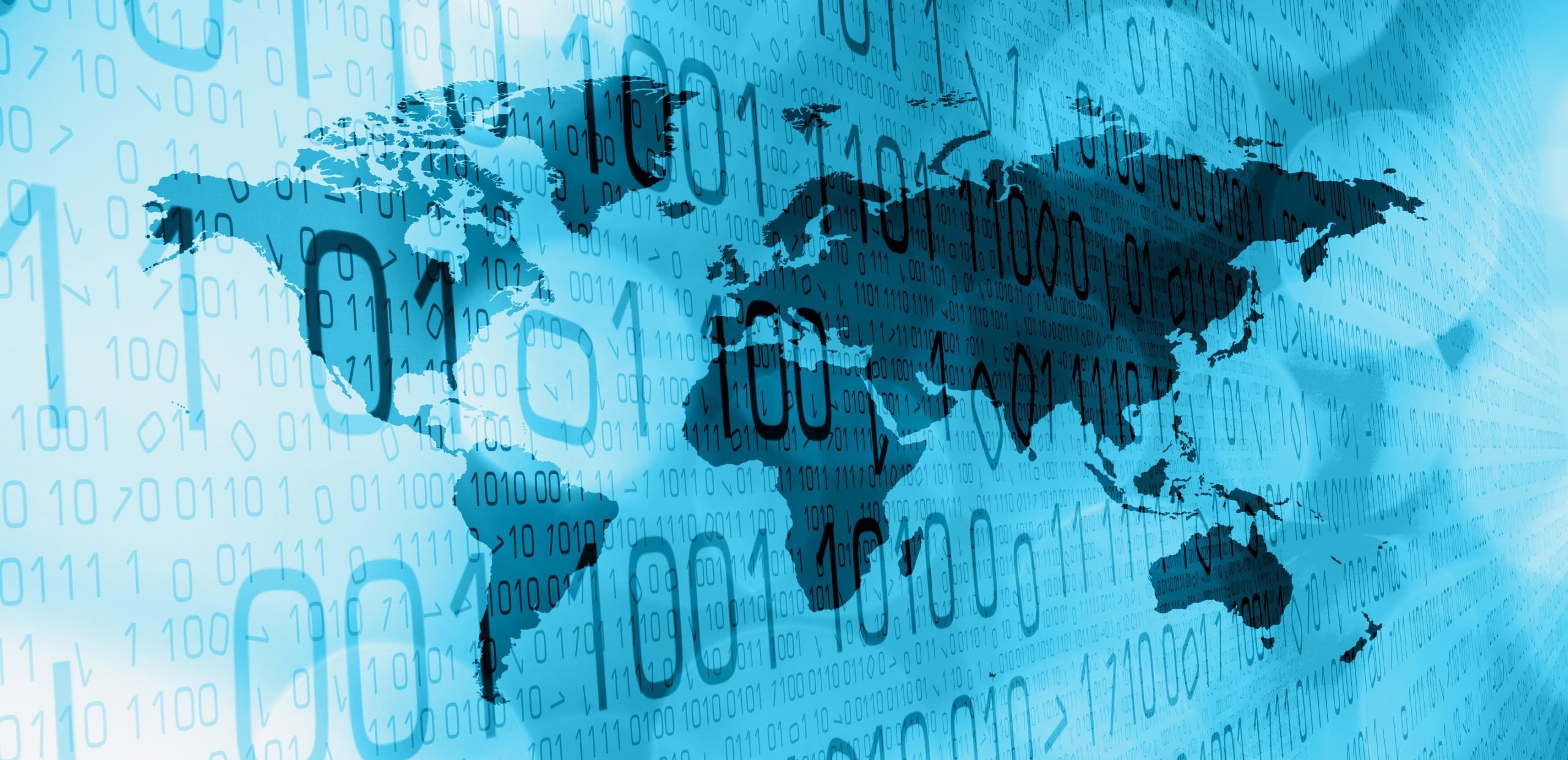The field has been bolstered by a number of successes. For example, the number of news articles about conflict in the Middle East have been shown to be predictive of imminent conflict. And increases in food prices above a threshold level are correlated with civil unrest in many parts of the world.11
However, the complexities of human conflict have a strong dependence on the behaviour of unpredictable actors. Natural disasters, such as drought, famine, earthquakes and so on, also play a crucial but inherently unpredictable role. These factors place important limits on the spatial and temporal accuracy of predictive peacekeeping.
Nevertheless, there are growing efforts to improve the quality of data that informs these models to exploit this data more effectively and to forecast a wide range of possible futures from one-off events, be they military coups or civil wars.12 Models like this will help to keep the world safer and help policymakers explore potential outcomes before acting.
